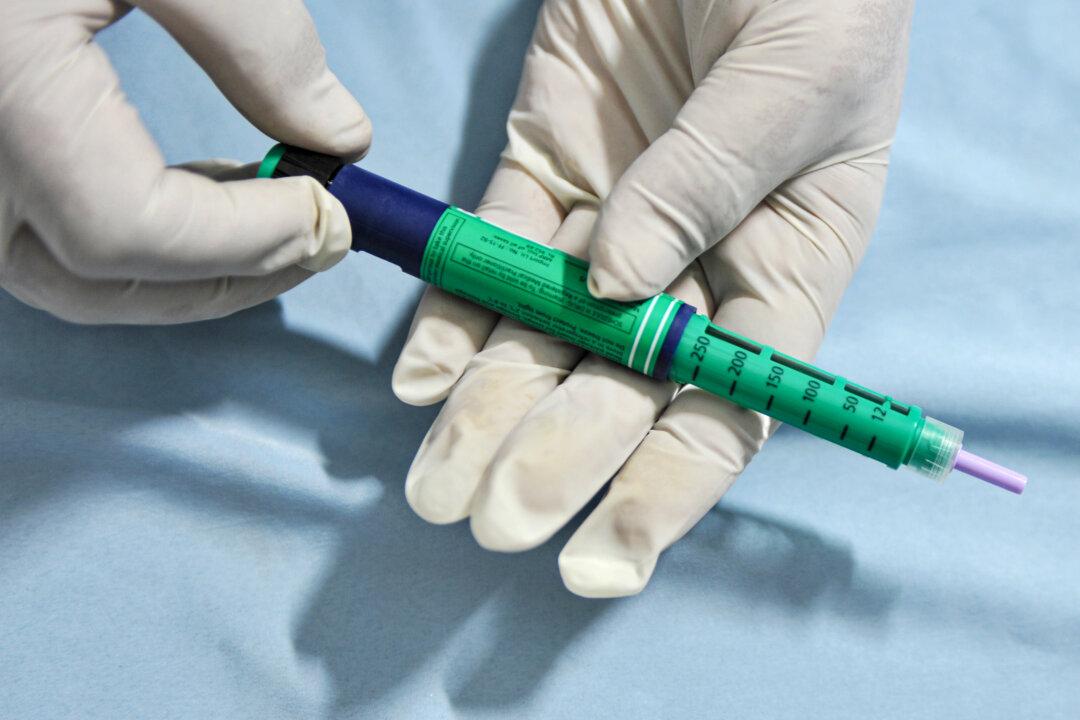Over 15,000 diabetic Australians will receive significant relief from a crucial new form of fast-acting insulin listed on the Pharmaceutical Benefits Scheme (PBS) from Oct. 1 2023.
The Albanese Government announced the new listing of Fiasp Penfill from Drug sponsor Novo Nordisk which contains the same volume of fast-acting insulin aspart compared to the original Fiasp medication, which is to be removed from the PBS. Fiasp Penfill quickly reduces blood sugar levels and helps to minimise spikes after eating.





